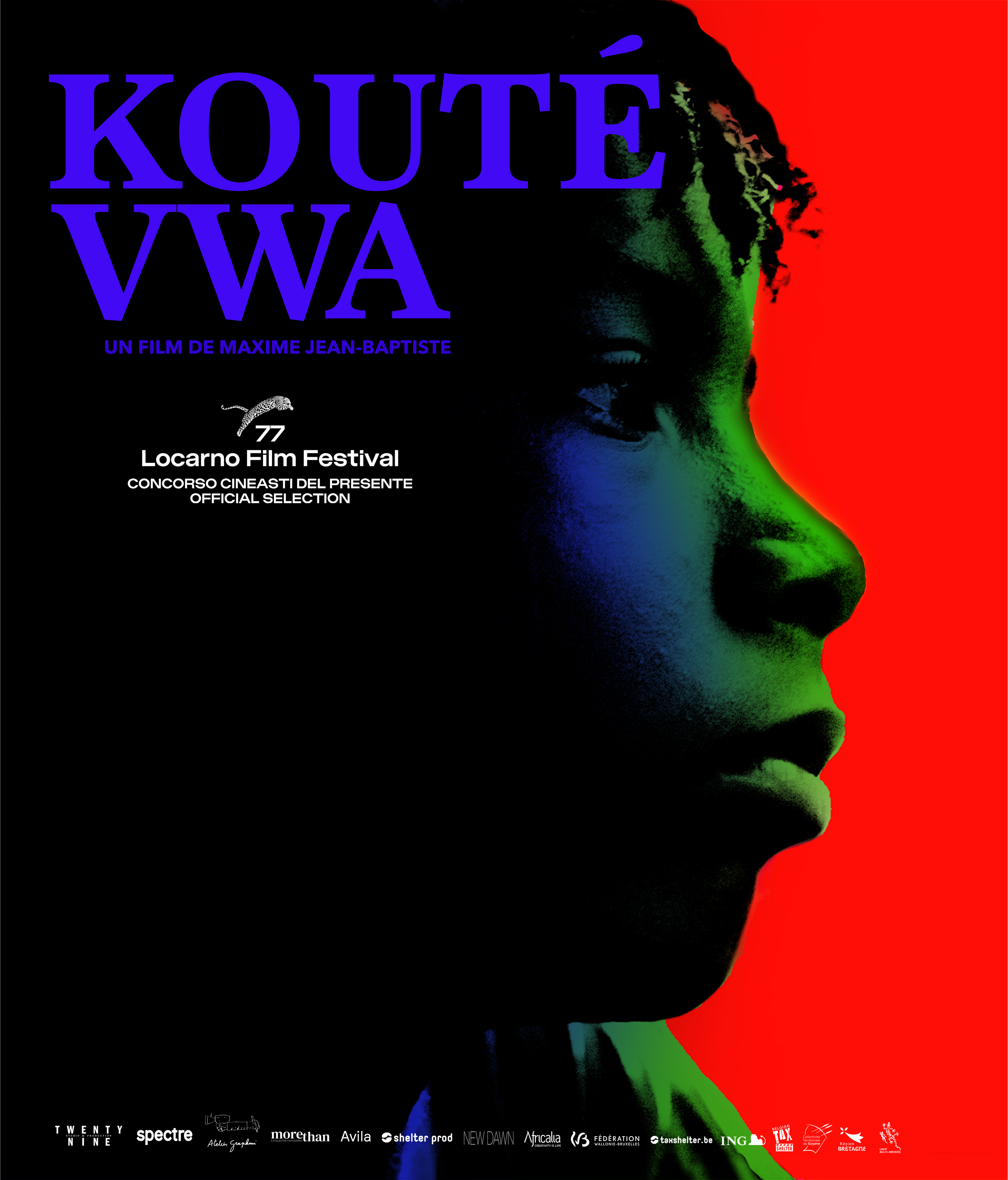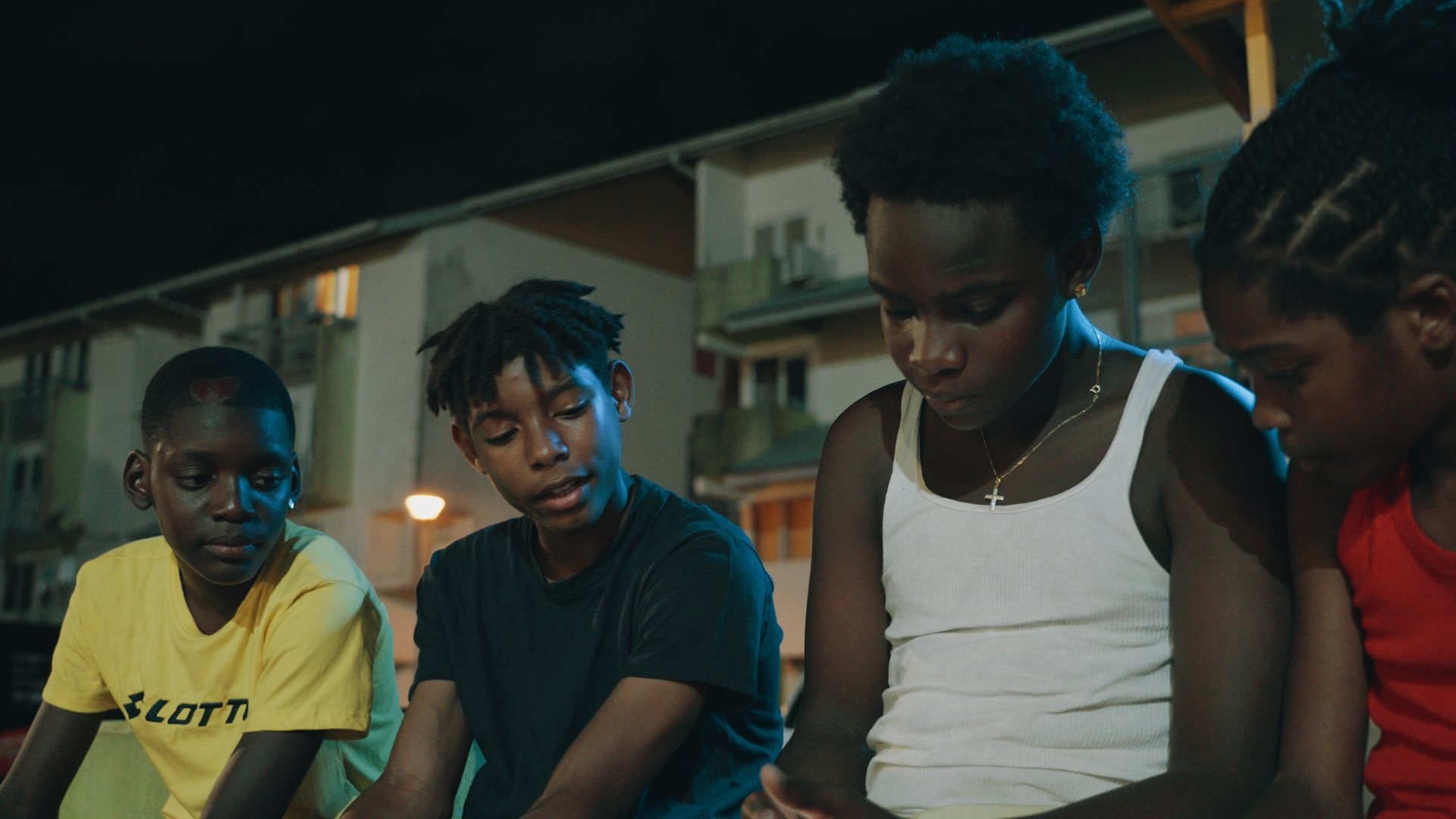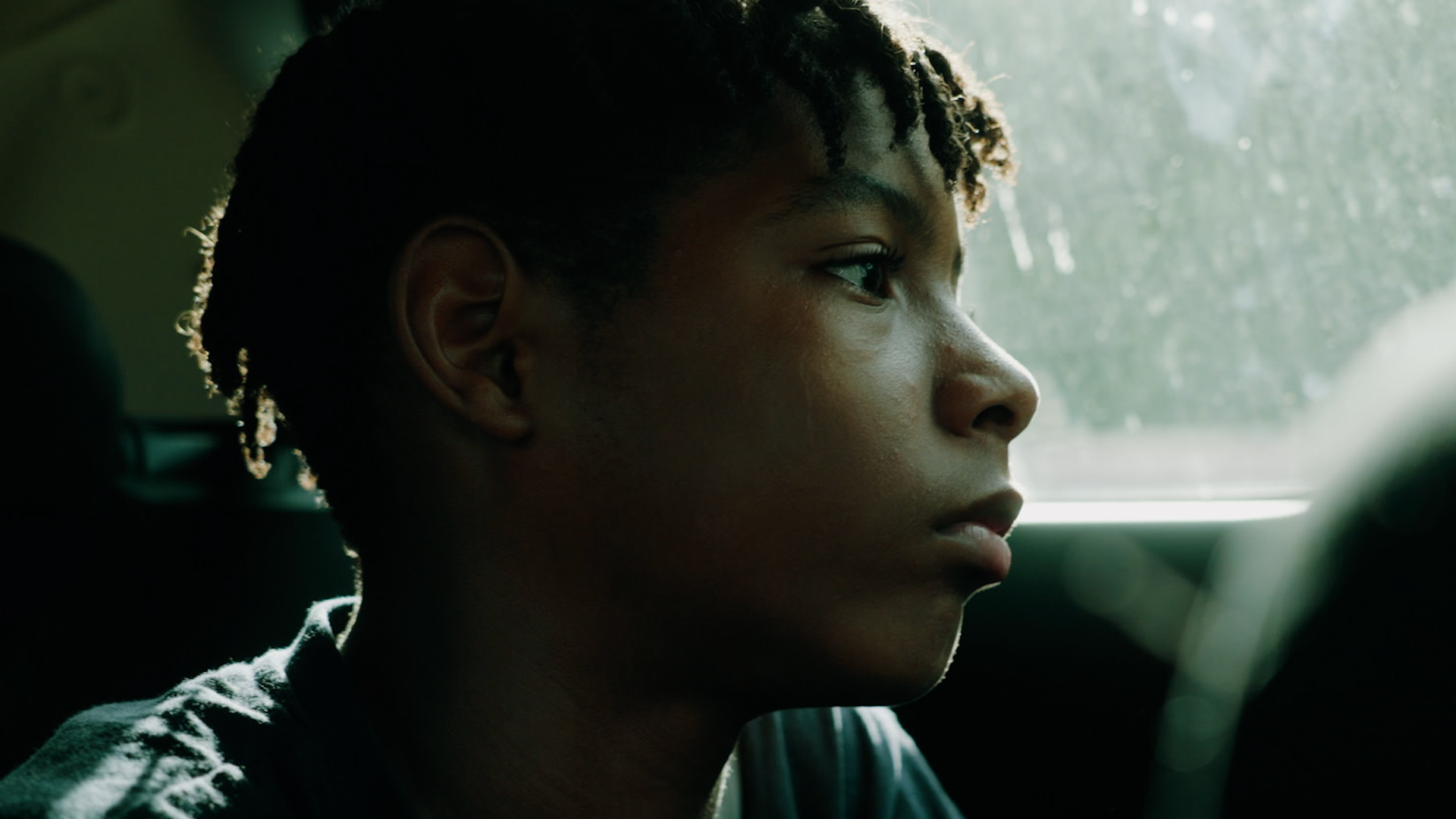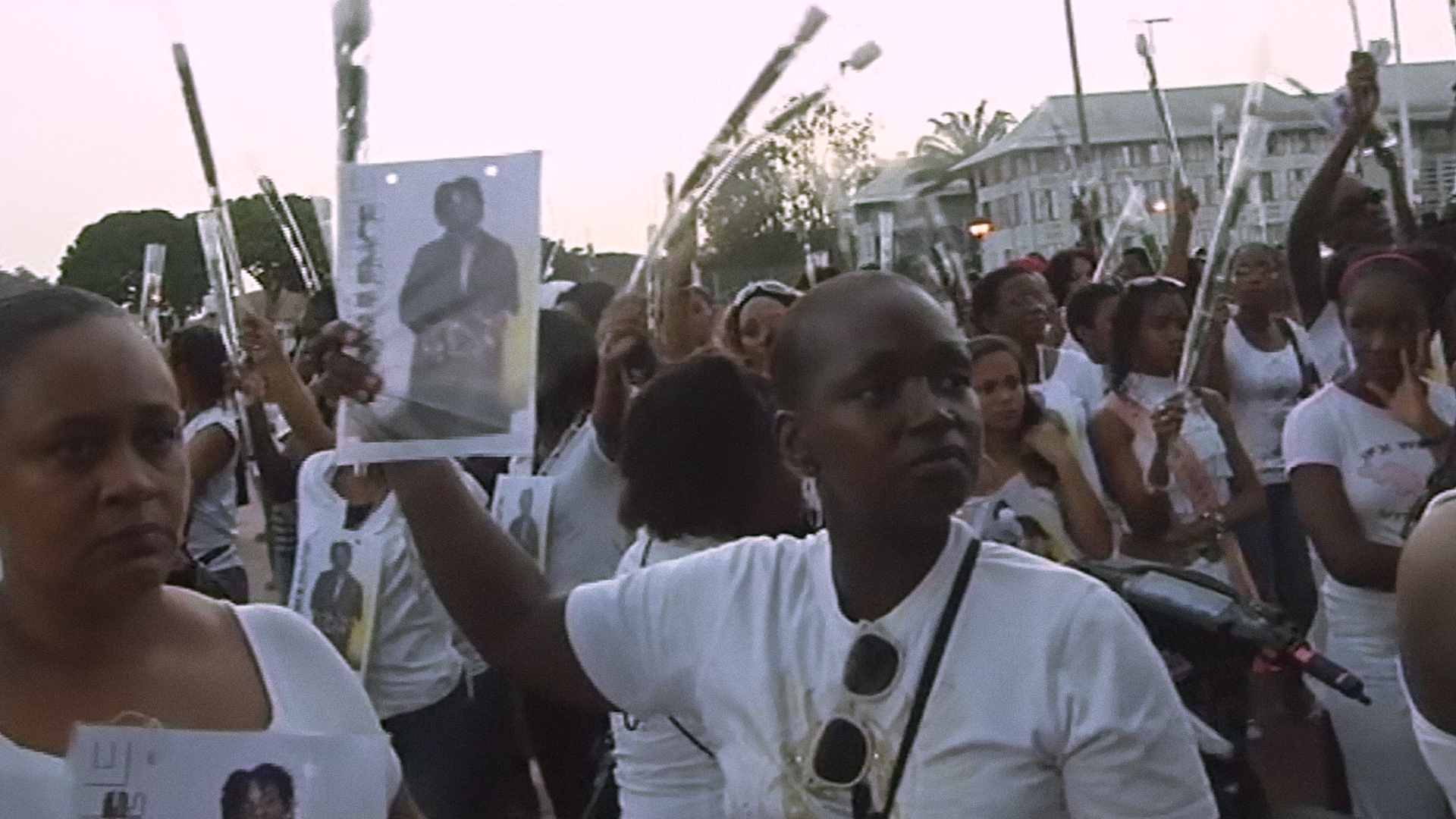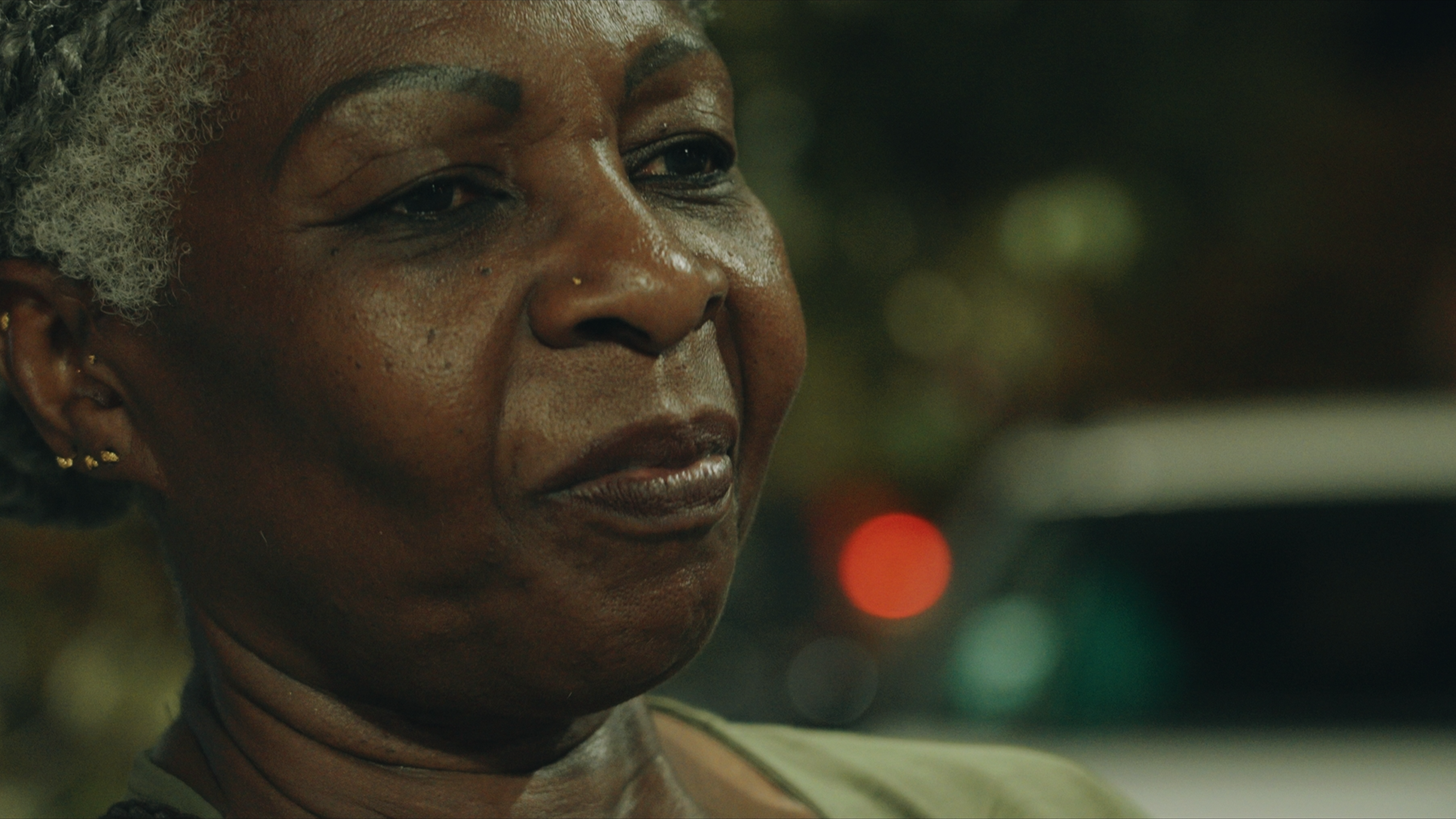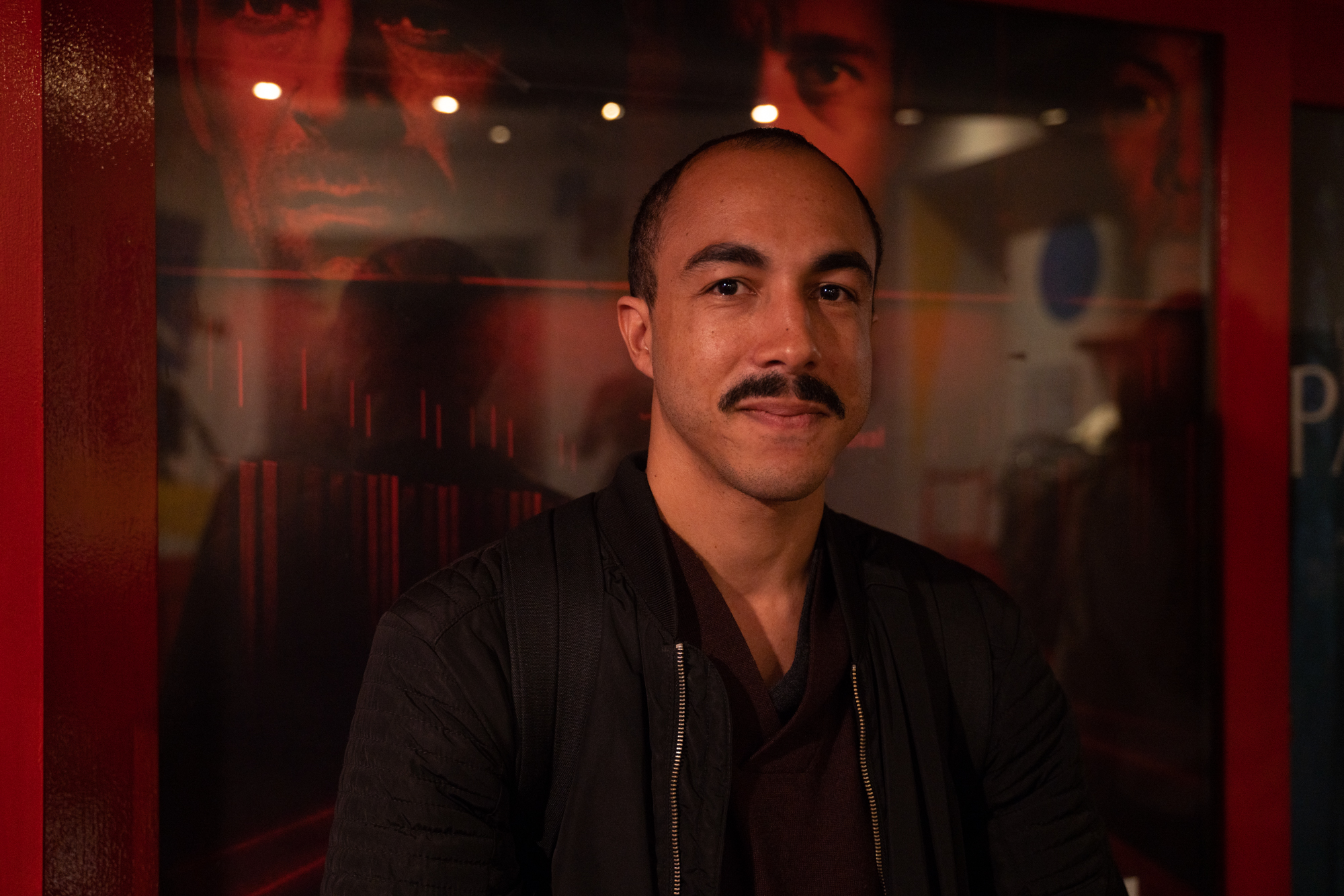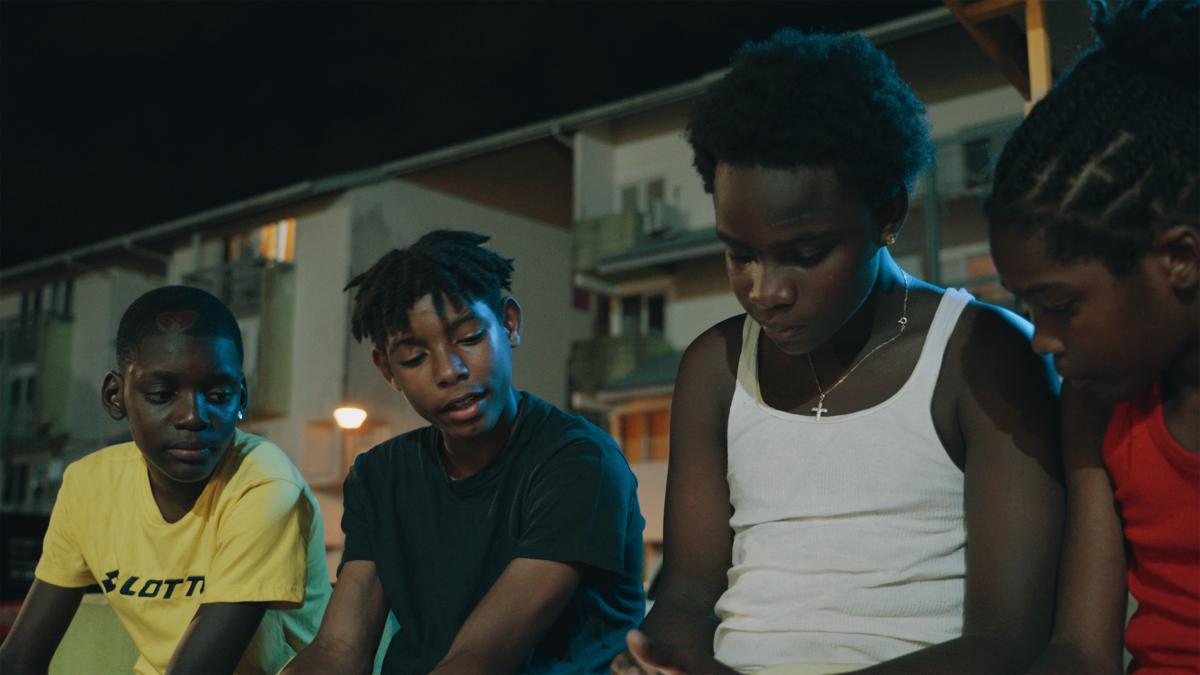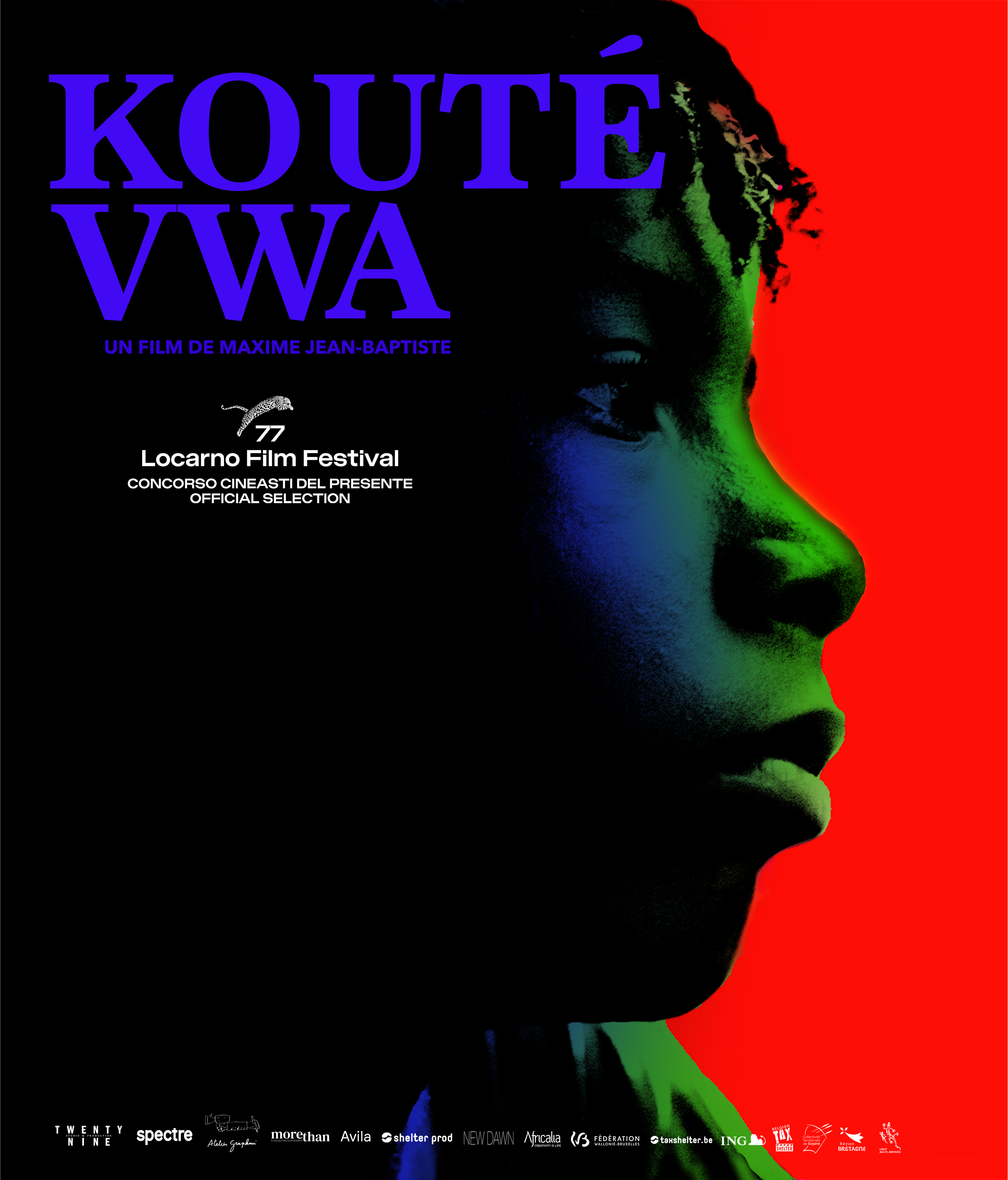Melrick, a thirteen-year-old boy, spends his summer vacation with his grandmother Nicole in Cayenne, Guyana. During his visit, his desire to learn to play the drum brings back the specter of his uncle Lucas, also a drummer, who died in tragic circumstances eleven years earlier. Faced with the grief that haunts his family and Lucas's best friend's desire for revenge, Melrick seeks his own path to forgiveness.
“What makes Listen to the Voices a family matter is not only this collaboration, but the personal tragedy that set it in motion. The director’s cousin, Lucas Diomar, was brutally killed in 2012, plunging his family into an abyss of grief from which they have not yet emerged.”
Pierre Jendrysiak and Leonard Krähmer / Variety
“On a deeper layer, this story about grief and forgiveness also deals with the persisting consequences of colonialism: a violence that equally cannot pass. This aspect, while undeniable, is conveyed by Jean-Baptiste with considerable subtlety, as it does not come so naturally to the characters.”
Pierre Jendrysiak and Leonard Krähmer / Variety
“Oscillating between fiction and documentary, the film is at once a coming of age story, following the trajectory of a young man attempting to build himself in the memory of an uncle sacrificed on the altar of the endemic violence that plagues the streets, an exploration of that memory with dreamlike overtones, and a reflection on inherited violence, a family heritage, but also a historical and colonial one.”
Aurore Engelen / Cineuropa
“The original title of the film – “Kouté vwa” is French créole for “Listen to the Voices” – succinctly sums up its poetic program: a polyphony of entangled testimony. Drawing on the deeply personal source of the story, the film summons these various voices and opens up a resonance chamber between them”
Pierre Jendrysiak and Leonard Krähmer / Variety
“Maxime Jean-Baptiste has crafted a delicate film with a lot of attention to some small, but relevant, details. These little things that he reflects upon thus create a bigger picture which even has more of a purpose than, perhaps, a larger picture that captured events as a whole would. It’s the minor details which coalesce within the movie that make it both intriguing and fascinating to behold.”
Thomas Duffy / Film Book
“Plagued with the systematic dilapidation and violence of many other European outposts, past and present, French Guiana (on the northeastern coast of South America) retains a vibrant history. It is through this prism that filmmaker Maxime Jean-Baptiste anchors his story. As Melrick learns to play the drums his uncle was revered for, the journey into what makes this town is revealed in beautiful and painful ways.”
Lesedi Oluko Moche / International Film Festival Rotterdam
“I talked with them a lot and, progressively, in the writing stage, with my sister Audrey (Jean-Baptiste), who co-wrote the film, the idea of making it a fiction narrative emerged. It’s actually a personal story that can nevertheless speak to other people who have lost loved ones in tragic circumstances. […]
The characters sometimes needed to get out of the story strictly speaking, to talk about something else. So the fiction gave us, as much for the characters as for myself, more freedom of interpretation. Sometimes, the classic documentary isn’t suitable for certain characters. Nicole, for instance, wasn’t comfortable with the idea of sitting down and talking directly to me as the director. She was more confident with the much more framed, more directed register of fiction.”
Maxime Jean-Baptiste / Cineuropa

